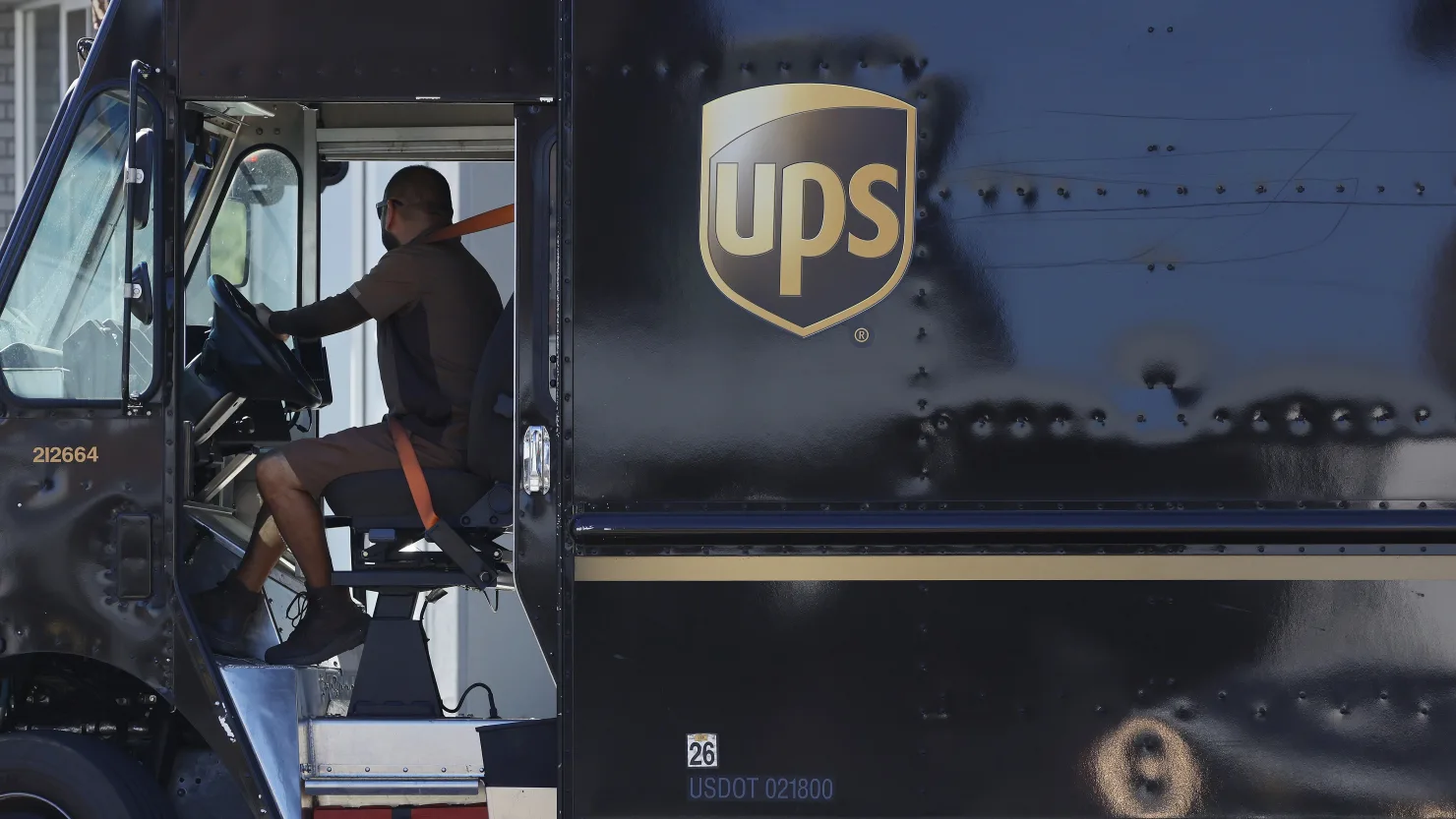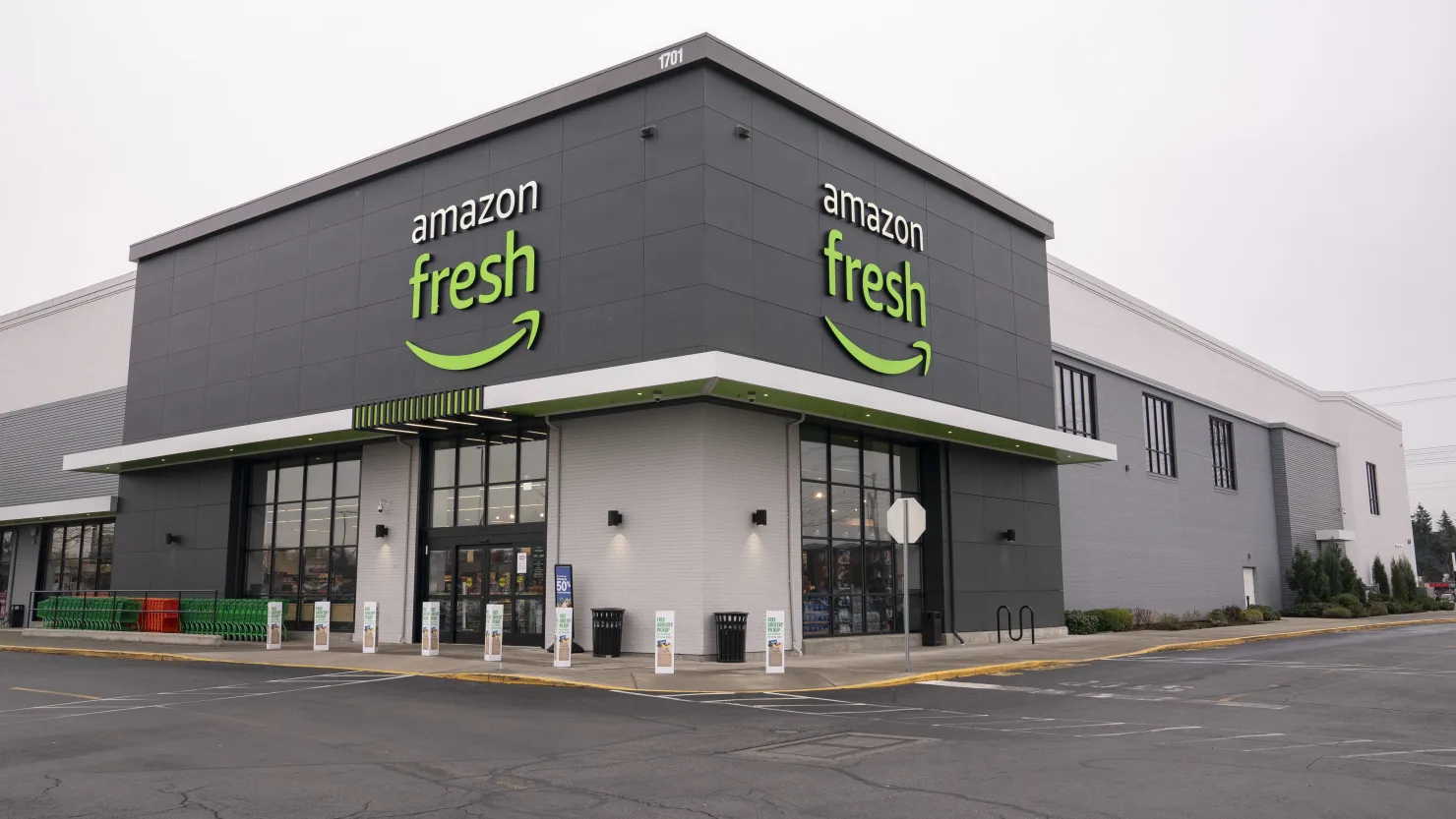After Meta recently laid off around 4,000 employees, many of those affected took to LinkedIn—not just to announce their job search, but to challenge CEO Mark Zuckerberg’s characterization of them as “low performers,” Business Insider reports.
Typically, layoff announcements on LinkedIn follow a familiar script: gratitude for the past role, optimism for the future, and a polite call for job opportunities. However, this time, Meta’s former employees adopted a more defiant tone. Instead of simply accepting the label, many publicly rejected it, sharing personal accounts of their contributions and even posting screenshots of positive performance reviews.
One content manager declared:
“I am not a low performer. I am an adaptive hard worker who thrives in work that I can be passionate about.”
A data scientist uploaded evaluations showing that he had consistently “exceeded expectations.” Others pointed out the inconsistency of the layoffs, with some arguing that the classification was unfair and misleading.
This level of public pushback against an employer’s narrative is unusual in the corporate world. In the past, many workers hesitated to discuss their layoffs, fearing it might hurt their future job prospects. However, mass layoffs in the tech sector over the past two years have changed that perception. The widespread cuts of 2022 and 2023 led to a shift in attitudes, with many recruiters no longer assuming a layoff reflected poor performance.
Experts suggest that speaking up could be a double-edged sword. While some employers may see it as a red flag, others might view it as a sign of confidence and self-advocacy.
“Good employers are looking for people who can communicate effectively and stand up for themselves,” said Ashley Herd, a former HR executive.
Despite the uncertainty, Meta’s former employees appear to be making an impact. The “low performer” label has been met with skepticism, and many recruiters are now aware that high-achieving employees were among those affected. Ironically, the power of social media—something Meta itself helped build—is now working in favor of those it let go, as connections and community support continue to grow in response to their posts.










The latest news in your social feeds
Subscribe to our social media platforms to stay tuned